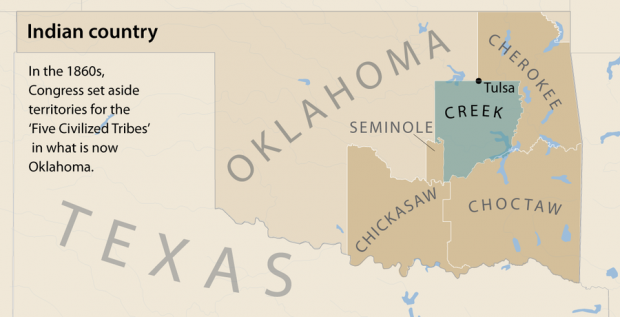
Breaking News
 Candace Owens FACE TO FACE meeting with Erika Kirk Goes Viral
Candace Owens FACE TO FACE meeting with Erika Kirk Goes Viral
 The Global Push for Government Mandated Digital IDs And Why You Should Worry
The Global Push for Government Mandated Digital IDs And Why You Should Worry
 Update on the homestead...Turning dollars into completed projects.
Update on the homestead...Turning dollars into completed projects.
 Tanning beds mutate nearly your entire skin and triple melanoma risk
Tanning beds mutate nearly your entire skin and triple melanoma risk
Top Tech News
 This tiny dev board is packed with features for ambitious makers
This tiny dev board is packed with features for ambitious makers
 Scientists Discover Gel to Regrow Tooth Enamel
Scientists Discover Gel to Regrow Tooth Enamel
 Vitamin C and Dandelion Root Killing Cancer Cells -- as Former CDC Director Calls for COVID-19...
Vitamin C and Dandelion Root Killing Cancer Cells -- as Former CDC Director Calls for COVID-19...
 Galactic Brain: US firm plans space-based data centers, power grid to challenge China
Galactic Brain: US firm plans space-based data centers, power grid to challenge China
 A microbial cleanup for glyphosate just earned a patent. Here's why that matters
A microbial cleanup for glyphosate just earned a patent. Here's why that matters
 Japan Breaks Internet Speed Record with 5 Million Times Faster Data Transfer
Japan Breaks Internet Speed Record with 5 Million Times Faster Data Transfer
 Advanced Propulsion Resources Part 1 of 2
Advanced Propulsion Resources Part 1 of 2
 PulsarFusion a forward-thinking UK aerospace company, is pushing the boundaries of space travel...
PulsarFusion a forward-thinking UK aerospace company, is pushing the boundaries of space travel...
 Dinky little laser box throws big-screen entertainment from inches away
Dinky little laser box throws big-screen entertainment from inches away
 'World's first' sodium-ion flashlight shines bright even at -40 ºF
'World's first' sodium-ion flashlight shines bright even at -40 ºF
U.S. Supreme Court Sides With Tribes In Stunning 5-4 Ruling

In a 5-4 vote, the United States Supreme Court on Thursday sided with Oklahoma tribes in McGirt v. Oklahoma, saying much of the eastern half of Oklahoma is still an Indian reservation.
Justice Neil Gorsuch joined Justices Elena Kagan, Ruth Bader Ginsberg, Sonia Sotomayor and Stephen Breyer to issue the majority opinion.
"Today we are asked whether the land these treaties promised remains an Indian reservation for purposes of federal criminal law. Because Congress has not said otherwise, we hold the government to its word."
IS THE EASTERN HALF OF OKLAHOMA A RESERVATION?
The central question in this case: Were the Muscogee (Creek) Nation's boundaries as set by the 1866 Treaty ever dissolved by Congress? Though the federal government largely dismantled Tribal governments in Oklahoma in the late 1800s, if the 1866 and subsequent Treaties are still valid, then a large portion of Eastern Oklahoma is still Indian Country. The State of Oklahoma believes this would fundamentally change law enforcement and could resultin thousands of criminal cases being overturned.
The defendant in this case, Jimcy McGirt, is a citizen of the Seminole Nation. He claims he was prosecuted by the wrong court. Because he is a Tribal citizen and committed his crime in on Creek Tribal land, he says the State of Oklahoma never had jurisdiction to try him.
His guilt isn't in question in this case — he's serving a life sentence for sex crimes he committed against a four year-old child. The argument is that McGirt believes he should have been prosecuted in federal court, not state court, because of where his crime was committed.
In the majority opinion, Gorsuch wrote about how this criminal case is actually a matter of Tribal sovereignty.



